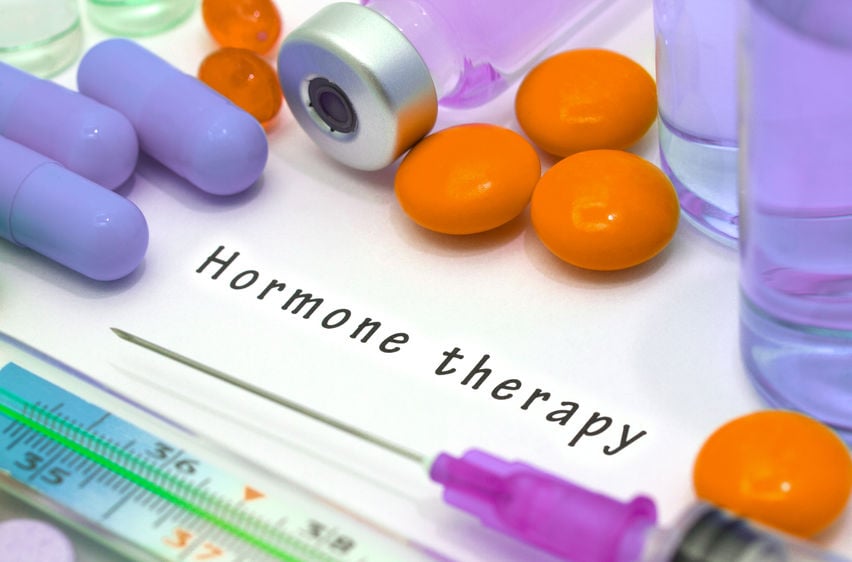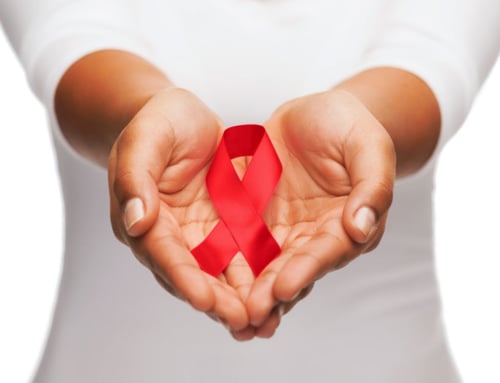What is Hormone Therapy?
Hormones are chemical messengers that travel through the bloodstream and affect the actions of cells and tissues throughout the body. The body naturally produces hormones, but hormones can also be introduced through medications. Hormone therapy can be used to treat symptoms or combat diseases, such as in the case of menopause or certain types of cancers, respectively.
Certain types of breast cancers can be treated using hormone therapy. In these cases, hormone therapy can slow or stop the growth of tumors by blocking the body’s ability to produce hormones or by altering the effects of hormones on breast cancer cells. Not all tumors are hormone sensitive; tumors that are hormone insensitive will not respond to hormone therapy.
Hormone Therapy vs Hormone Replacement Therapy (HRT)
There is often confusion between hormone replacement treatment for breast cancer and hormone replacement therapy for menopause, also called MHT. The Susan G Komen Breast Cancer Association defines them as follows:
- Hormone therapies used in breast cancer treatment act as anti-hormone or anti-estrogen therapies. They block hormone actions or lower hormone levels in the body.
- Hormone Replacement Therapy (HRT) or MHT is used to increase hormone levels in the body to treat menopausal symptoms.
How does hormone therapy work?
Some experts claim approximately 2 out of 3 breast cancers are hormone receptor-positive. This means that their cells have receptors that attach to hormones like estrogen or progesterone. For these types of cancers, high estrogen levels help the cancer cells grow and spread. Most hormone therapies either lower estrogen levels or stop estrogen from acting on these cancer cells. There are several types of hormone therapies used to treat breast cancer.
Blocking ovarian function
One method of reducing estrogen levels in women is through blocking ovarian function, also known as ovarian ablation. This treatment can be done surgically, when removing the ovaries, or through radiation. Less permanent treatment options include using drugs that interfere with signals from the pituitary gland, thus blocking stimulation of the ovaries and the resulting estrogen production.
Blocking estrogen production
One group of drugs that can be used to treat breast cancer is called aromatase inhibitors. These block the enzyme called aromatase, which the body uses to make estrogen. Aromatase inhibitors are often used by postmenopausal women because premenopausal women still produce more of the enzyme than the inhibitors can effectively block. There are several of these drugs in production—some with temporary effects and others that permanently deactivate the aromatase enzyme.
Blocking estrogen’s effects
There are also several types of drugs that block estrogen’s ability to stimulate the growth of breast cancer cells. These types are called selective estrogen receptor modulators (SERMs) and anti-estrogen drugs. These drugs are able to interfere with estrogen’s natural ability to help cancer cells grow and spread through the body.
Risks
These different hormone therapy treatments can have varying side effects and levels of effectiveness in treating cancer, particularly depending on the age of the woman. The good news is that there are many hormone therapy treatment options for hormone-sensitive breast cancers. Treatment options should be discussed with your doctor in order to determine the best fit and lowest chance of side effects.
If you believe you may be a candidate for hormone therapy for breast cancer treatment, contact us today for a consultation with one of our specialists.







